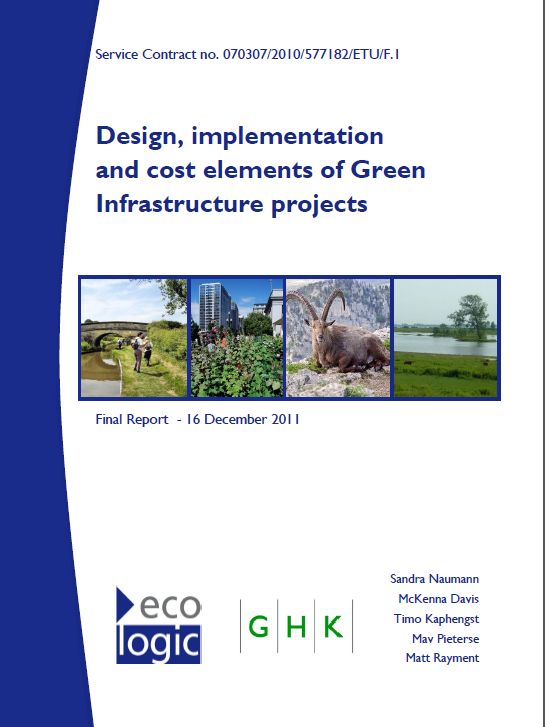While many ecosystem services or "benefits that humans derive from nature" are maintained or produced by agriculture, evidence suggests that some agricultural systems provide these services in an unsustainable way. This Joint Research Centre (JRC) funded study will assess the role of agricultural production as a "provisioning" ecosystem service, i.e. one that provides feed, food, fuel and fibre, as well as its relationship to other ecosystem services (regulating, supporting and cultural). The assessment will be based on energy balance indicators, which will be used to generate an EU-wide mapping of ecosystem services from agriculture.
In 2001, the EU set itself the target to halt biodiversity loss in the EU by 2010. In spite of substantial efforts to better protect nature, there is compelling evidence that the globally agreed 2010 target of stopping the loss of biodiversity has not been met. In 2010 the European Commission unveiled a new 2020 Biodiversity Strategy for the ensuing period which also includes quantitative targets for the restoration of ecosystem services.
As about one-half of land in the European Union is farmed, agricultural production plays a special role in the achievement of biodiversity targets. Intensive agricultural production systems are one of the main causes of biodiversity loss and decrease in quality and quantity of ecosystem services.
The identification of key agri-environmental issues of concern in Europe will enable policymakers and the wider public to understand, monitor and evaluate the relationship between agricultural practices and their beneficial and harmful impacts on the environment. This study aims to clarify an issue that has been neglected consistently in such assessments: The role of agricultural production within the widely used concept of ecosystem services and benefits.
The study is structured along the following working steps:
- Developing a conceptual framework for the way in which agricultural production should fit into the reference ecosystem services frames (Millennium Ecosystem Assessment, TEEB);
- Identifying the most suitable unit of measure (i.e. biomass, energy, yield), and of the reference against which actual food provision will be analysed (potential productivity of the land);
- Defining of the analytical frame for addressing crop production as an ecosystem service, while taking into consideration external energy flows linked to agricultural management (i.e. labour, machinery, fertilisers, irrigation);
- Modeling and mapping of the ecosystem services from agriculture, including all parts of the analytical frame (i.e. including reference potential productivity and external inputs), possibly with the distinction of food/feed/fibre/fuel.
Ecologic Institute's part in this project is to define the way in which agricultural production fits into the provisioning ecosystem services conceptual framework. This includes inter alia a literature review on the ways in which agriculture has been conceptually related to ecosystem services so far, and an analysis of the relationships between the provisioning services of agriculture and other services such as supporting, regulating and cultural services.



